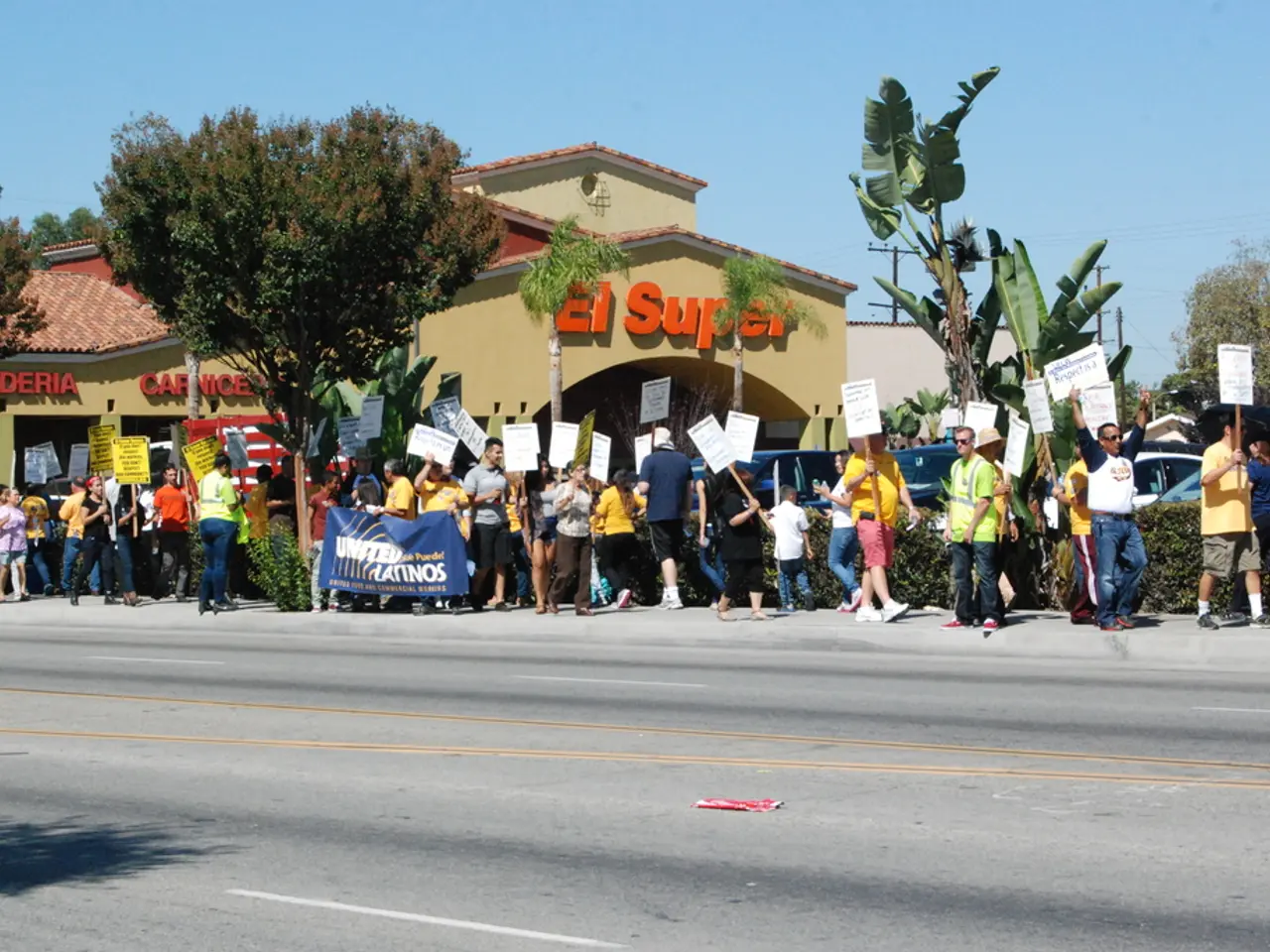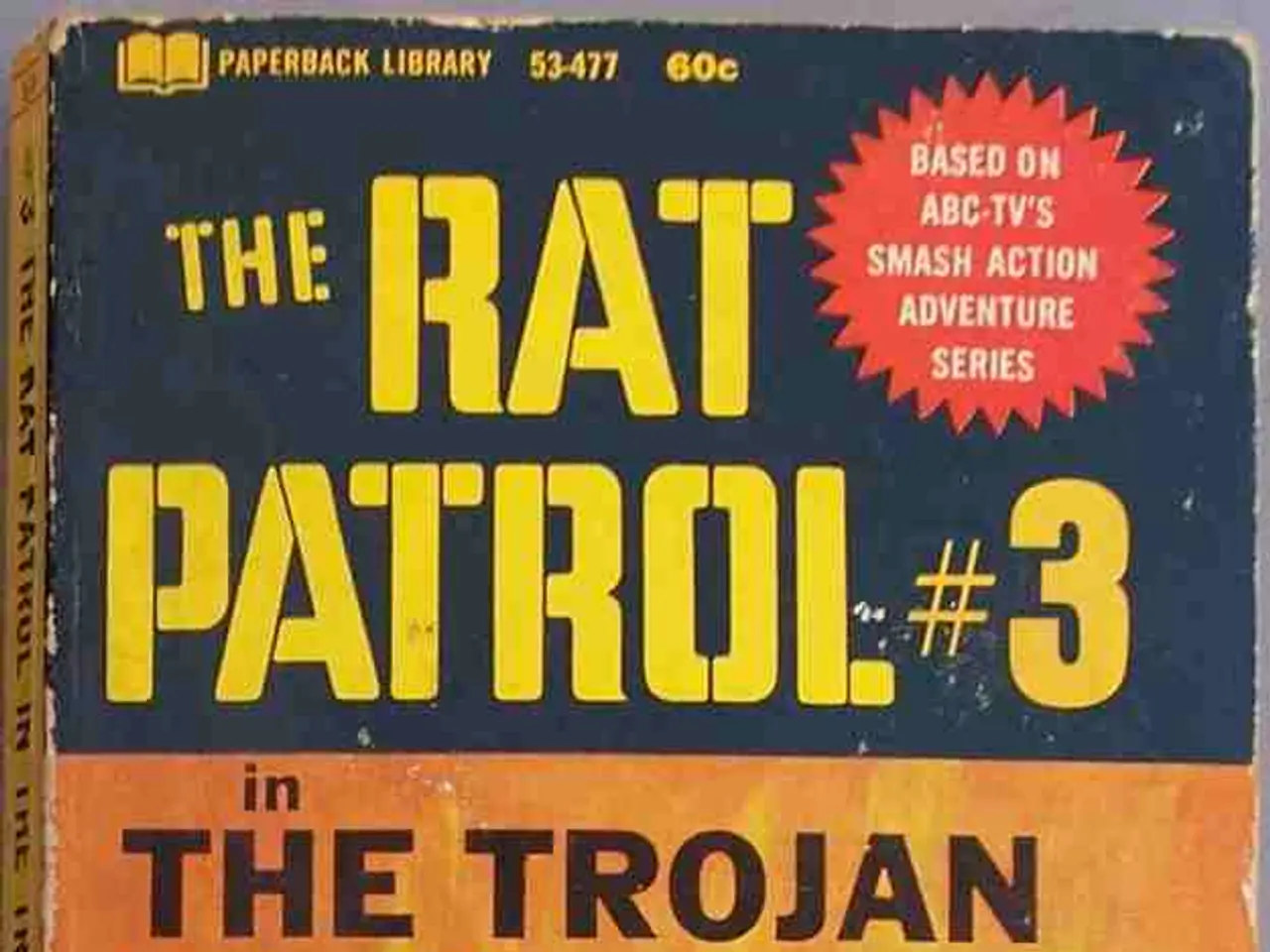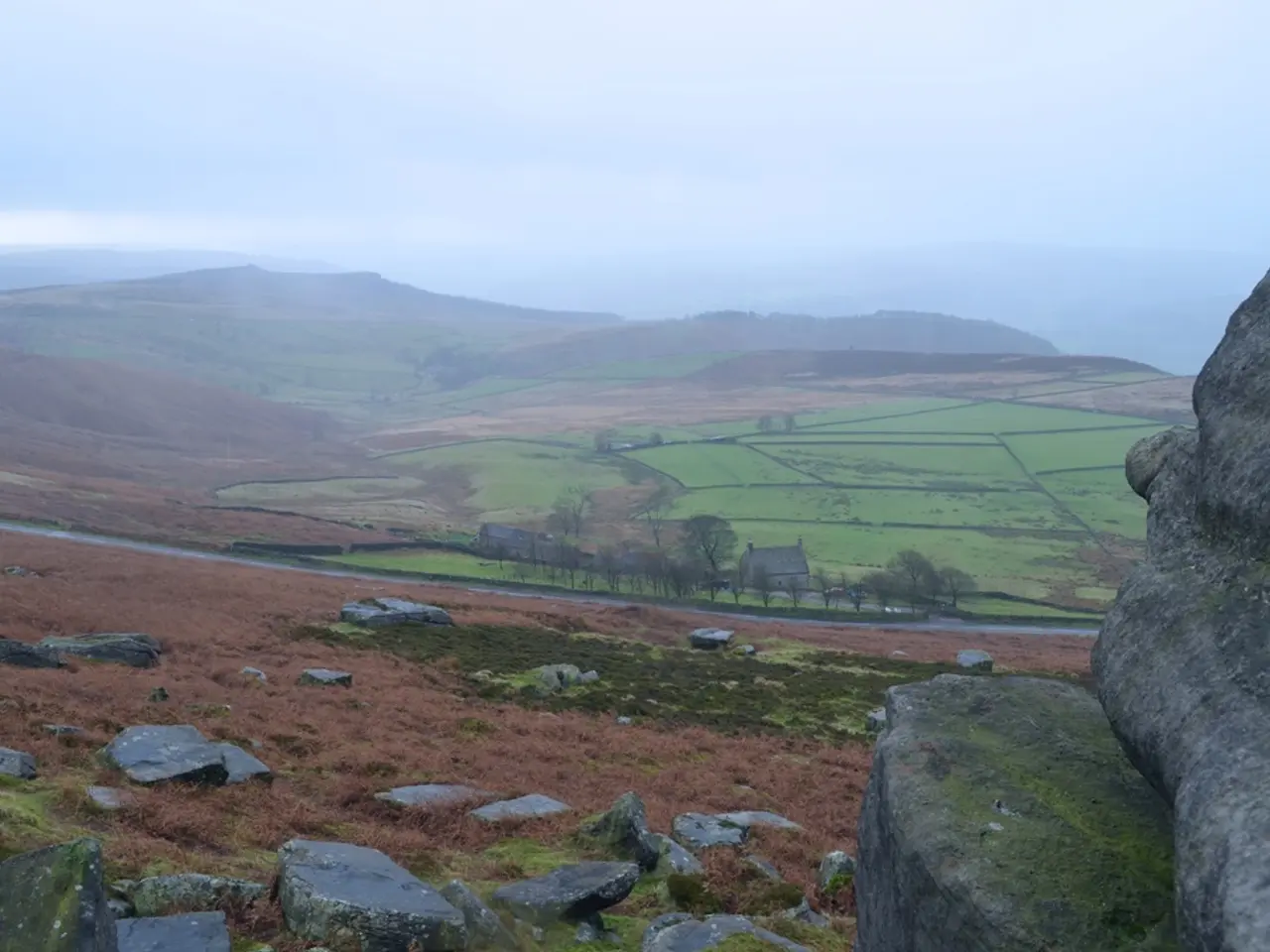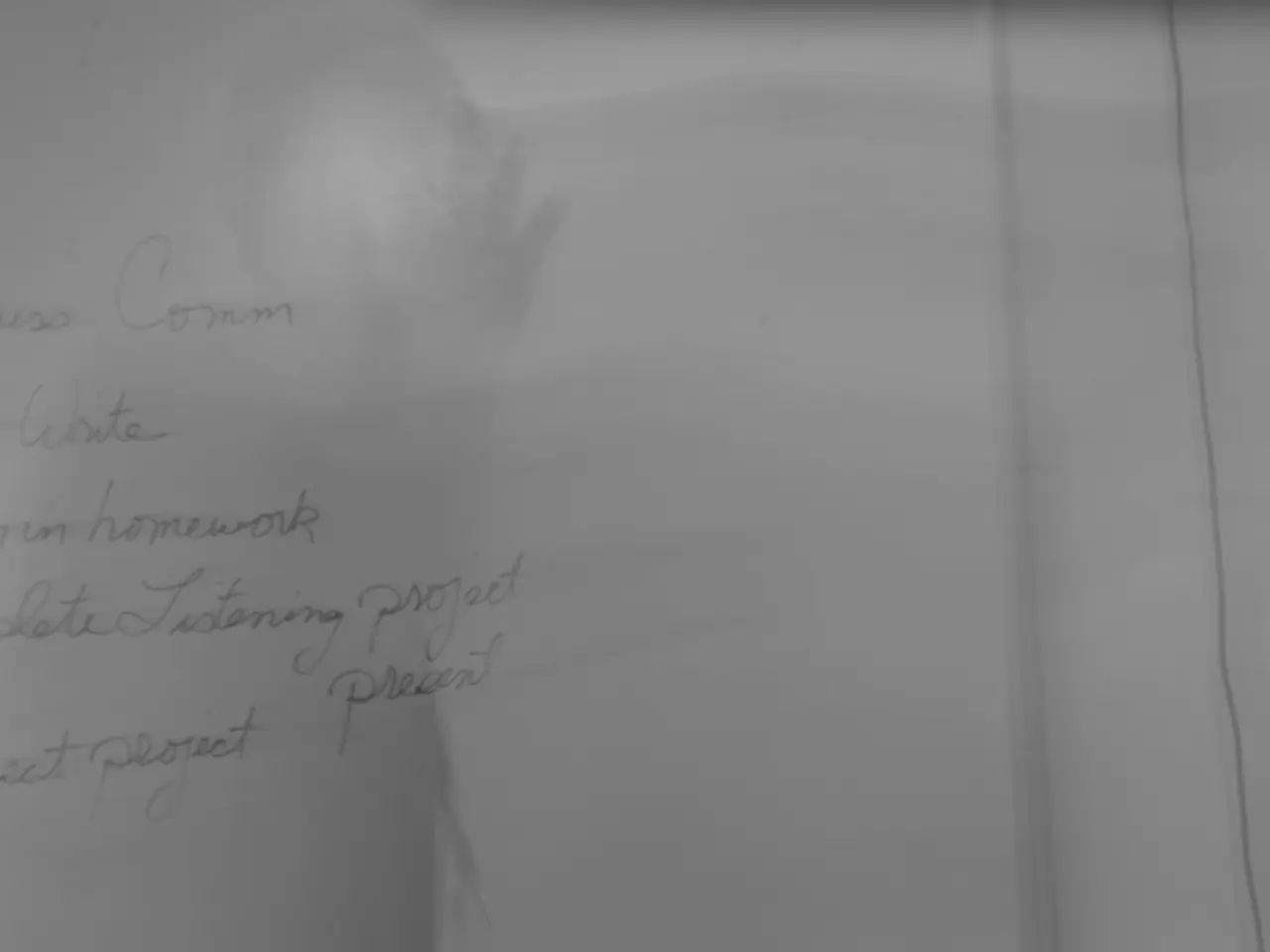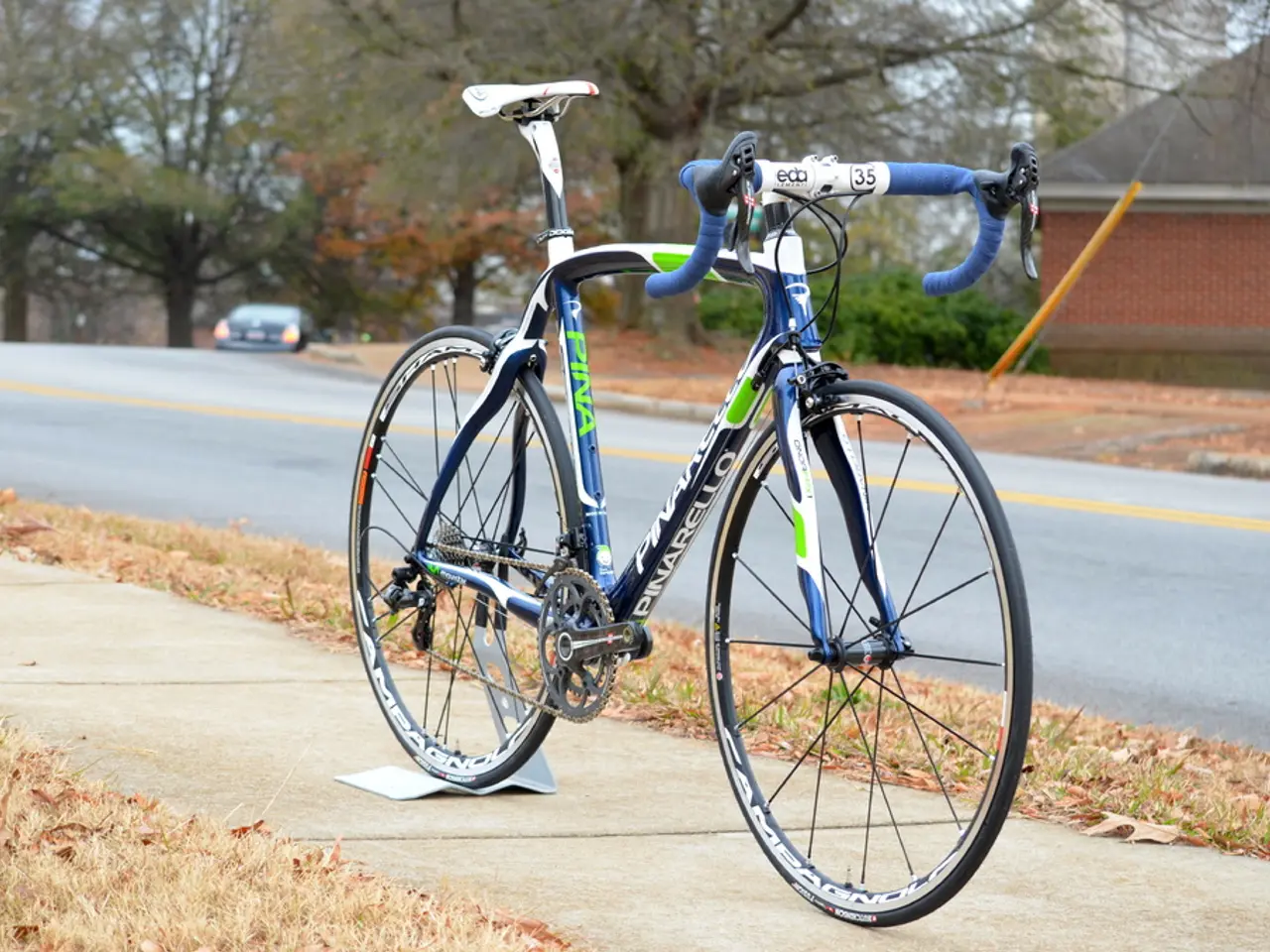Democrats Appear Disorganized and Struggling, According to CNN's Data Chief, in Anticipation of the 2028 Election
The Democratic Party is grappling with significant internal divisions as the 2028 presidential election approaches. These divisions, rooted in generational, ideological, and regional differences, have been amplified by recent electoral setbacks and are causing a fragmented nomination process.
Historically, the Democratic Party has struggled with poor electoral performance and low public standing. This trend continues, with record low net favorable ratings in recent polls, and no clear frontrunner for the 2028 nomination has emerged yet.
The primary race is expected to be crowded and competitive, with over 30 high-profile Democrats vying for the nomination. Potential candidates include governors, lawmakers, and rising stars such as Kentucky's Andy Beshear, Pennsylvania’s Josh Shapiro, Michigan’s Gretchen Whitmer, and figures like Alexandria Ocasio-Cortez and Cory Booker. However, none of these candidates have a chance higher than 20% in the Kalshi prediction market.
One of the key issues driving the low ratings is discontent within the Democratic base, who are expressing a desire for something different. Notable figures like New York’s Democratic socialist mayoral hopeful Zoran Mdani exemplify this ideological clash between progressive/socialist factions and more moderate or traditional Democrats.
The lack of a clear frontrunner and the wide-open primary contest reflect the party’s struggle to unify behind a cohesive message or candidate. Some leaders advocate postponing public divisions until after the 2026 midterms to focus on shared policy priorities and rebuild unity.
Former Vice President Kamala Harris left open the possibility of a 2028 presidential bid, while California Governor Gavin Newsom has the highest chance on the Kalshi platform for the nomination at 20%. However, no potential Democratic presidential candidate is polling at 25% or higher in early national polling for the 2028 election.
In July, the Democratic Party's net favorable rating was -26 in both Gallup and CNN polling, -30 in The Wall Street Journal’s polling, and these figures are record lows. These figures underscore the need for candidates to present strong, unifying visions to rebuild the party's public standing.
As the 2028 presidential election approaches, the Democratic Party faces a critical juncture. The ultimate choice for the nomination will be significant, as it could either invigorate the party with fresh ideas or deepen internal conflict, impacting electoral competitiveness in 2028.
[1] [Link to source 1] [2] [Link to source 2] [3] [Link to source 3] [4] [Link to source 4]
- The Democratic Party's struggle to find a clear frontrunner for the 2028 presidential nomination is not only reflected in the Kalshi prediction market but also in the lack of high polling numbers, with no potential candidate exceeding 25% in early national polling.
- The ongoing political debates within the Democratic Party, fueled by generational, ideological, and regional differences, are not only shaping the crowded and competitive primary race but also having significant consequences for policy-and-legislation and general-news as the 2028 election approaches.
